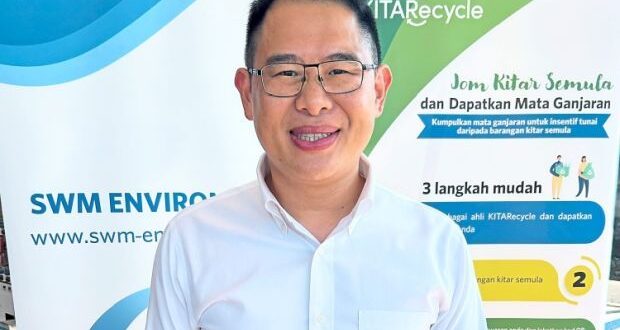Two of state’s worst rivers being restored in Johor Bersih initiative with 2030 endgame
RIVER restoration projects are continuing in Johor, with over RM8mil set aside in the 2024 budget to bolster these efforts.
Johor health and environment committee chairman Ling Tian Soon spoke about these remedial steps – part of the “Johor Bersih” initiative – when contacted.
He said Johor Bersih was started last year and was aimed at ensuring all the state’s rivers would be clean by 2030.
A total of 14 rivers in Johor were categorised as polluted in the Environment Department’s (DoE) Annual Environmental Quality Report (EQR) 2022.
DoE has five classifications of river cleanliness level, with those in Class 1 being the cleanest.
A Class 5 river means that the water is so polluted that it is not suitable for water supply or even irrigation.
Rivers found to be in Class 2 require conventional treatment and can be used for recreational purposes with body contact.
Class 3 rivers need extensive treatment while Class 4 rivers can be used for nothing more than irrigation.
In response to the report, Ling revealed that most of Johor’s rivers were in Class 3 while only a few were in Class 4.
Based on EQR 2022, there are four rivers in Class 4 – Sungai Kempas, Sungai Buluh, Sungai Tukang Batu and Sungai Sanglang.
“We are aware of the report, and to address this matter, the state government started with the Johor Bersih initiative last year, aside from allocating more than RM8mil under Budget 2024 to conduct river clean-up and restoration programmes.
“I hope our effort will be reflected in this year’s EQR,” said Ling.
The 14 polluted rivers are Sungai Air Baloi, Sungai Sanglang and Sungai Ayer Merah in Pontian; Sungai Panchor, Sungai Simpang Kanan and Sungai Temehel in Batu Pahat; Sungai Kempas, Sungai Bala, Sungai Pandan, Sungai Sengkuang and Sungai Tampoi in Johor Baru; and Sungai Buluh, Sungai Perembi and Sungai Tukang Batu in Pasir Gudang.
“The source of pollution – which includes industrial waste, agricultural waste and wastewater pollution – varies from one location to another,” explained Ling, highlighting that the government had instructed DoE and local councils to work together to address these water woes.
He said river clean-up efforts were currently focused on Sungai Skudai and Sungai Tebrau in Johor Baru.
He added that, as of September last year, more than 207 tonnes and 97 tonnes of wastes had been removed from Sungai Skudai and Sungai Tebrau respectively.
 BeritaKini.biz Berita Viral Terkini di Malaysia
BeritaKini.biz Berita Viral Terkini di Malaysia





